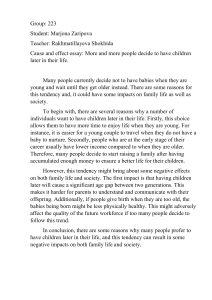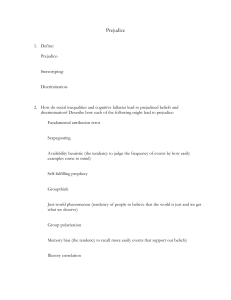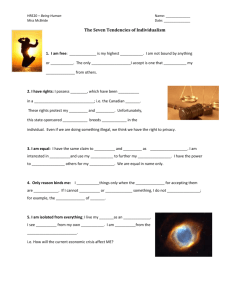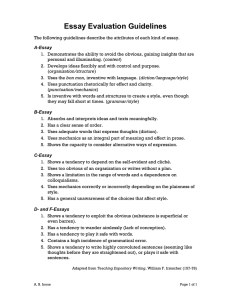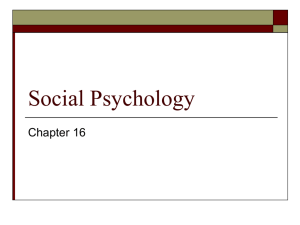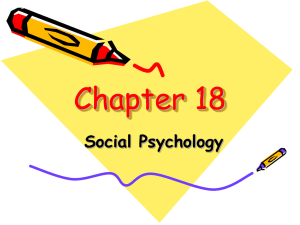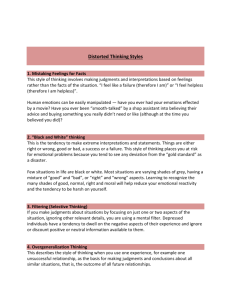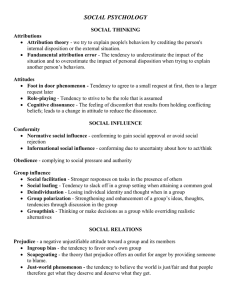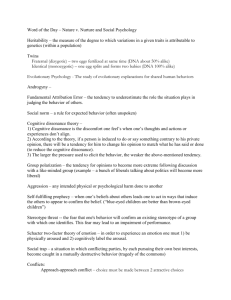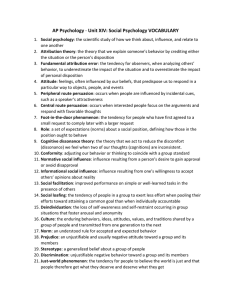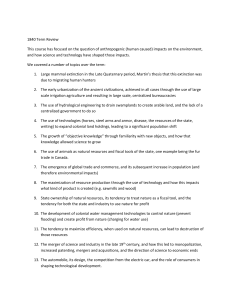Op Art Power Point Presentation
advertisement
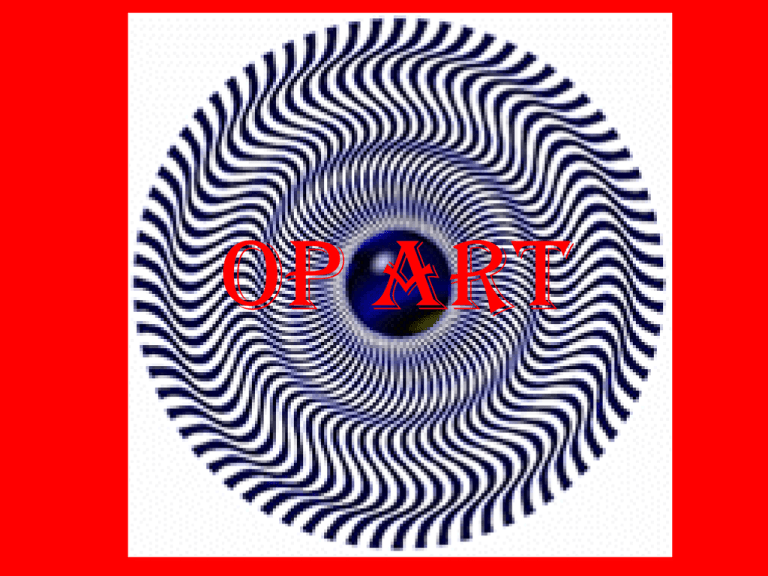
OP Art Try to count the number of black dots below. Op Art • Developed in the 1950s-60s • Op Art uses equal values of contrasting colors to cause the viewers eye to move involuntarily. • This was a total Abstract form of art. • Hard-edge painting- style of art in which the artist uses crisp edges. No brushstrokes. • Abstract Art- a style of art that shows objects in simplified arrangements of shape, line, texture, and color. Often geometric. Op Art Elements & Principles 1. Balance: is it symmetrical or asymmetrical? 2. Pattern: “Multiplicity of Simplicity”…using the same simple pattern over and over and over… 3. Color: Not necessary, high contrast of black and white gives powerful result. 4. Assimilation: our tendency to minimize things and make them appear uniform. 5. Contrast: exaggerating differences. 6. Negative & Positive: negative surrounds positive, it is behind the figure. Positive is the figure. 7. Line- always gives us positive space. It is an abstract concept. 8. Multiple grouping- when we are confronted by several stimuli and how we organize it. 9. Good figure- the perceptual ability to predict the total entity from minimum information. 10. Proximity- objects that are near one another have a tendency to group. 11. Similarity- all similar things have a tendency to group. Op Artists Josef Albers Bridget Riley Victor Vasarely M.C. Escher
